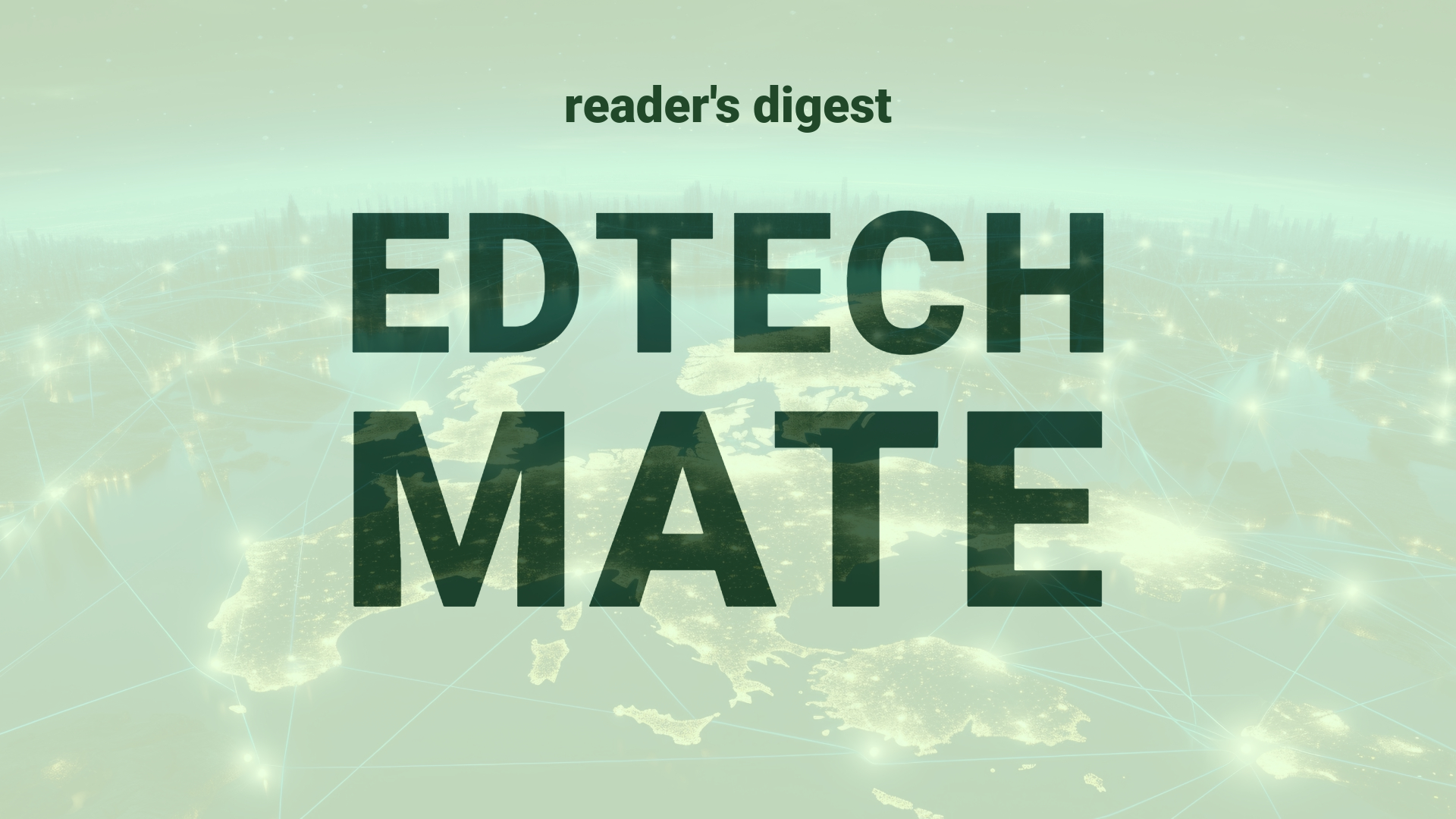“`html
Executive Summary and Main Points
Recent developments in the use of Artificial Intelligence (AI) within the Swiss Federal Railways (SBB) showcase key innovations in complex optimization projects. The SBB, with an IT budget of €850 million which is about 7% of sales, is leveraging AI to navigate the constraints of an already dense and fully utilized rail network. Three primary optimization programs have been identified: traffic management to improve route use, production planning to increase resource utilization, and asset management to decrease wear and tear. With a small portion of the budget (€20 million) allocated to AI, the focus is placed on predictive maintenance, which plays a central role in wheelset and track management as well as operations management.
Potential Impact in the Education Sector
The application of AI in the rail sector provides insights into its potential across Further Education and Higher Education, along with Micro-credentials. Strategies employed by SBB could influence these educational sectors by improving infrastructure management, resource utilization, and predictive analytics. AI’s role in optimizing existing frameworks could be transformative, promoting efficiency, and enabling institutions to handle increased demand without commensurate increases in physical space or resources. Strategic partnerships between AI providers and educational institutions can lead to the adoption of digital technologies that can similarly optimize educational infrastructure and curricular delivery.
Potential Applicability in the Education Sector
The techniques used by SBB in Switzerland, such as predicting maintenance needs and improving route usage, can be translated into predicting student performance, customizing learning paths, or optimizing facility usage in educational institutions. AI-driven tools can be applied to manage campuses more efficiently, ensure that educational resources are used effectively, and tailor learning experiences to meet the diverse needs of a global student population. Additionally, digital tools and AI could drive the development and distribution of Micro-credentials, making education more accessible and tailored to market demands.
Criticism and Potential Shortfalls
While AI can offer significant benefits, there are potential shortcomings and criticisms to consider. Ethical concerns may arise on data privacy and algorithmic bias, especially when predicting student performance or tailoring individual learning pathways. Additionally, there is a risk of technological determinism – where technology solutions are sought for problems that may not exist or are better addressed by other means. Moreover, cultural and contextual differences may affect the implementation and receptiveness towards AI in different countries, potentially limiting the transferability of one system’s success to another.
Actionable Recommendations
For educational leaders aiming to integrate AI and digital tools, a considered approach is recommended. Start with small projects that have measurable outcomes, using simpler AI applications that are less costly and more likely to succeed. Focus on collecting high-quality data to inform AI systems and base strategic decisions not just on technological capabilities, but also addressing real-world challenges within the educational sphere. Encourage transparency and inclusivity to address ethical concerns, and consider cultural nuances when applying AI solutions in diverse educational settings. Partnerships with AI technology firms should accentuate shared objectives of optimizing learning environments and outcomes.
“`
Source article: https://www.cio.com/article/2074558/swiss-federal-railways-cio-relies-more-on-ai-than-concrete.html

